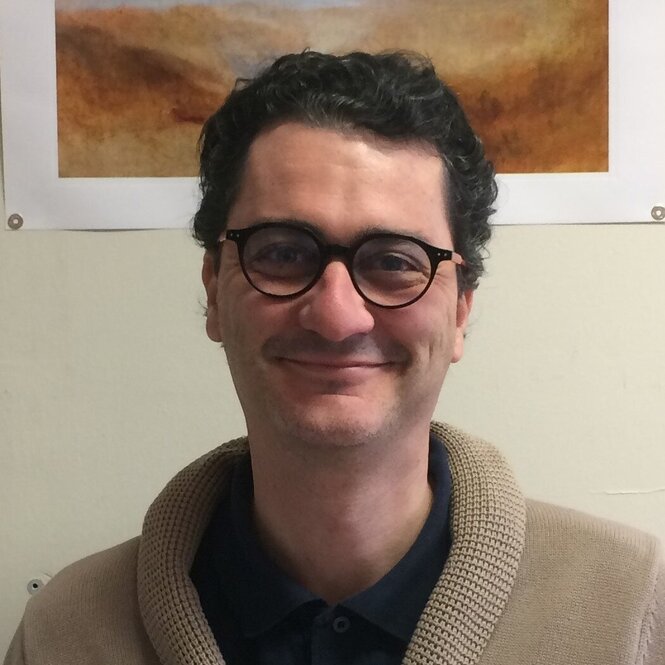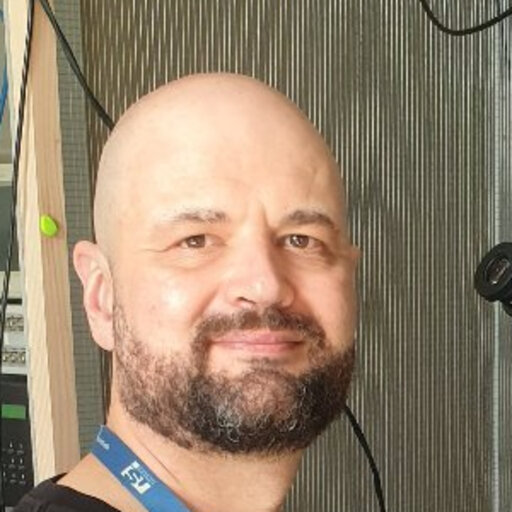

Vous êtes ici :



Ipek Yalcin
email: yalcin[at]unistra.fr
Our research focuses on chronic pain, particularly neuropathic pain and its comorbidities, as well as its pharmacological and non-pharmacological treatments. Using genomic and epigenomic approaches, we investigate molecular mechanisms underlying chronic pain and opioid dependence. The team has also strong expertise in neuroanatomy and the neural circuits involved in pain processing, emotional regulation, and aminergic system control.
Research areas: Pain & depression ; Pain therapies ; Opioid addiction ; Neuroanatomy ; Aminergic systems.
Techniques: Behavioural tests ; Optogenetic ; Histology ; Fiber photometry ; Next-generation sequencing ; In vivo electrophysiology.
INCI Website of Team "Neuroanatomy, Pain & Psychopathology"

Dominique Massotte
email: d.massotte[at]unistra.fr
Our research addresses alterations occurring in the endogenous opioid controls in neuropathic conditions to determine their impact on the effectiveness of opiate treatments. To this aim, we characterize changes contributing to the development of maladaptive responses at molecular, cellular, connectivity, and behavioural levels using a wide range of complementary techniques.
Research areas: Nociception ; Pain ; Opioid pharmacology.
Techniques: Pharmacology ; Mass spectrometry ; Ex vivo Electrophysiology ; Calcium imaging ; Behavioral tests in mice ; Histology ; Biochemistry ; Primary cultures ; Optogenetics.
INCI Website of Team "Opioid System, Nociception and pain"

Alexandre Charlet
email: acharlet[at]unistra.fr
Our lab is interested in the oxytocinergic modulation of neuronal circuits underlying emotions. Using in vivo and ex vivo electrophysiology and calcium imaging combined with selective optogenetic manipulation of oxytocinergic neurons or local astrocytes, we currently examine how neuropeptides tunes, in both shapes and functions, the neuro-glia network involved in the emotional processes.
Research areas: Circuits underlying emotions ; Neuro-glia interactions ; Oxytocinergic system ; Stress ; Pain ; Anxiety ; Social interactions.
Techniques: Ex vivo and in vivo electrophysiology ; Ex vivo an in vivo calcium imaging ; Fiber photometry ; Multi-electrodes array ; Behavioral tests ; Optogenetics ; Chemogenetics ; Histology.
INCI Website of Team "Peptidergic Control of Emotions"

Matilde Cordero-Erausquin

Philippe Isope
email: cordero[at]unistra.fr - Referrer Pain
Research in our team is focused on understanding the functional properties of synaptic transmission and neuronal networks in mice. The main objective is to identify the operational modes of normal and pathological information processing in the cerebellum, the cortex, the olfactory bulb and the spinal cord. In the pain field, we are interested in the cortical control of spinal sensory encoding.
Research areas: Sensorimotor information processing ; Cerebellar synaptic organization ; Corticospinal pathway ; Cerebellar nulcei ; Olfactory bulb.
Techniques: In vitro & in vivo electrophysiology ; Molecular biology ; Optogenetics & biphotonic imaging ; Sensorimotor behavior.
INCI Website of Team "Physiology of Neural Networks"

email: pbourgin[at]unistra.fr
Professor Patrice Bourgin and his team work on sleep regulation mechanisms as well as on the role of light and its functional interactions with neuropsychiatric pathologies. The team made major advances in identifying genetic markers and understanding the pathophysiology of narcolepsy. Projects are being carried out by working on improving sleep in people with chronic pain (e.g. in fibromyalgia) or by trying to reduce the chronicisation of pain by improving sleep in patients at risk. Indeed, pain, when it becomes chronic, is associated with many comorbidities aggravated by sleep disorders. Conversely, when the quality of sleep is degraded, pain can become chronic. In addition to clinical research carried out at the Centre for Sleep Disorders at Strasbourg University Hospitals, work is also carried out on animal models.
The SUH website of Team "Impact of Pain on Sleep Regulation"

Valérie Simonneaux

Hervé Cadiou
email: cadiou[at]unistra.fr - Referrer Pain
It is now well established that animals and maybe humans can detect the geomagnetic field (GMF). While the role of the GMF in animal navigation has been extensively studied, it has been shown to regulate other biological processes such as circadian rhythms. However, more unexpectedly Earth strength magnetic fields have also been shown to modulate pain and nociception. For instance, experiments carried out by Prato and collaborators and others have shown that mice shielded from the ambient magnetic field displayed analgesia in pain behavioural tests. Work carried out in my laboratory has established a new model in magnetoreception in planarians (flat worms)7. It was shown that planarians are able to sense the GMF inclination for navigational tasks. On the other hand, we have also implemented a chemical nociception assay in flat worms. The idea is therefore to combine the two approaches in order to assess magnetic field application/shielding as a potential therapeutic avenue. Nociceptive assays are carried out in the presence or absence of magnetic fields. Additional experiments will be carried out in order to elucidate the molecular mechanisms of magnetic-field induced nociceptive modulation. Besides, work in collaboration with Prof Virginia Wotring at the International Space University (Illkirch, France) are carried out to study the effects of both simulated low gravity and the absence of magnetic field, thus mimicking space travel on nociception.
INCI Website of Team "Regulation and disruption of neuroendocrine rhythms"